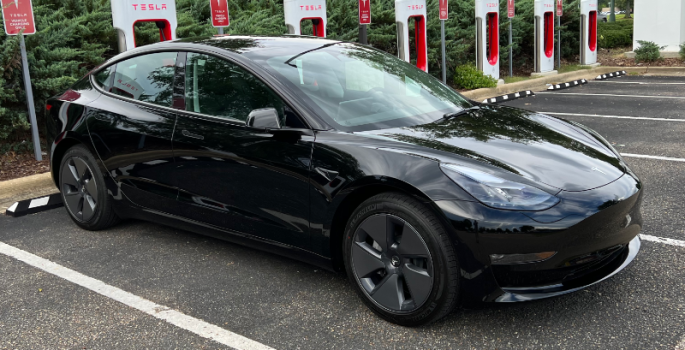This is an oft-touted argument…that I find mis-direction at best. Where does the electric power come from that powers the refinery that takes crude oil and cracks it into fuels? Where does the electric power come from that is used to pump crude oil and fuels through pipelines? Where does the electric power come from that pumps fuels into delivery trucks to distribute to gas stations? Where does the electric power come from that service stations use to pump all that fuel into trucks/cars? And on and on. Silly argument…to me.
Even small refineries use tens of megawatts to power them, and large ones use orders of magnitude more. That’s a lot of juice. And that power comes from where exactly?
From magical Oil Elves...
It is a silly argument, used to fight progress. The argument is always, the replacement isn't perfect, therefore we should just stop...
The ICE didn't start with 40+ mpg. These are the same people who would be like, where is all this oil and gas going to come from, right now, I grow all the food for my horses on my farm.
I have issues with some aspects of EVs, but am fascinated by them. My sister has a Model 3, I drove it, WOW, I love it. I will have an EV in the near future.



